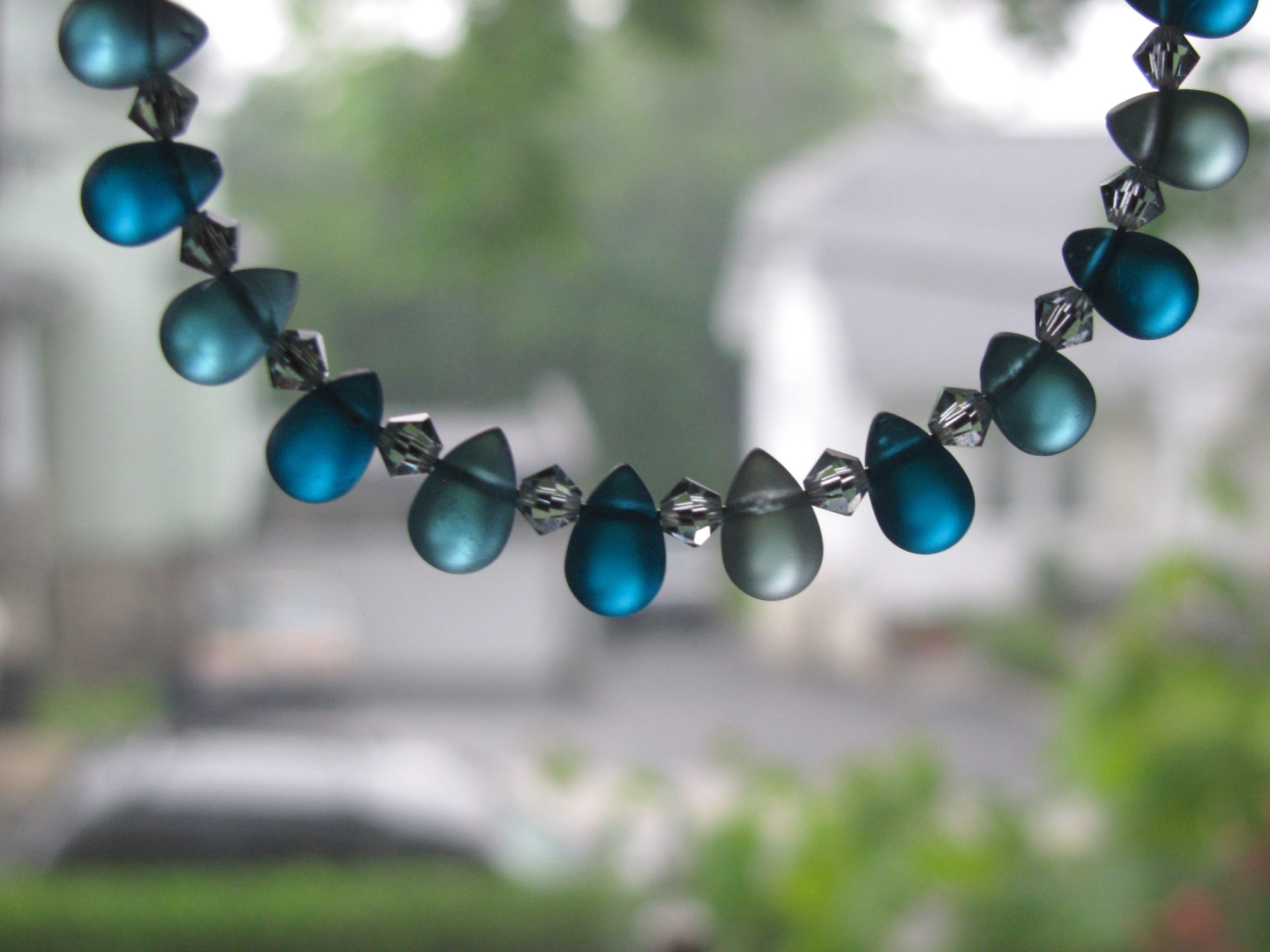The way a name lingers in the snow
when traced by hand.
The way angels are made in snow,
all body down,
arms moving from side to ear to side to ear—
a whisper, a pause;
slight, melting hesitation—
The pause in the hand as it moves
over a name carved in black granite.
The Chuck, Chuck, Chuck,
of great-tailed grackles
at southern coastal marshes,
or the way magpies repeat,
Meg, Meg, Meg—
The way the rib cage of a whale
resembles the architecture of I. M. Pei.
The way two names on a page
separated by thousands of lines,
pages, bookshelves, miles, can be connected.
The way wind hums through cord grass;
rain on bluestem, on mesquite—
The sandpiper’s tremble
as it skitters over tidal mudflats,
tracking names in the wet silt,
silt that has been building
since Foreman lost to Ali,
since Troy fell—building until
we forget names altogether—
The way children, who know only
syllables endlessly repeated,
connect one moment to the next
humming, humming, humming—
The way magpies connect branches
into thickets for their nesting—
Curve of thumb caressing
the letters of a loved one’s name
on the printed page, connecting
each letter with a trace of oil
from fingerprint to fingerprint,
again and again and again—
—Scott Edward Anderson, from Fallow Field
